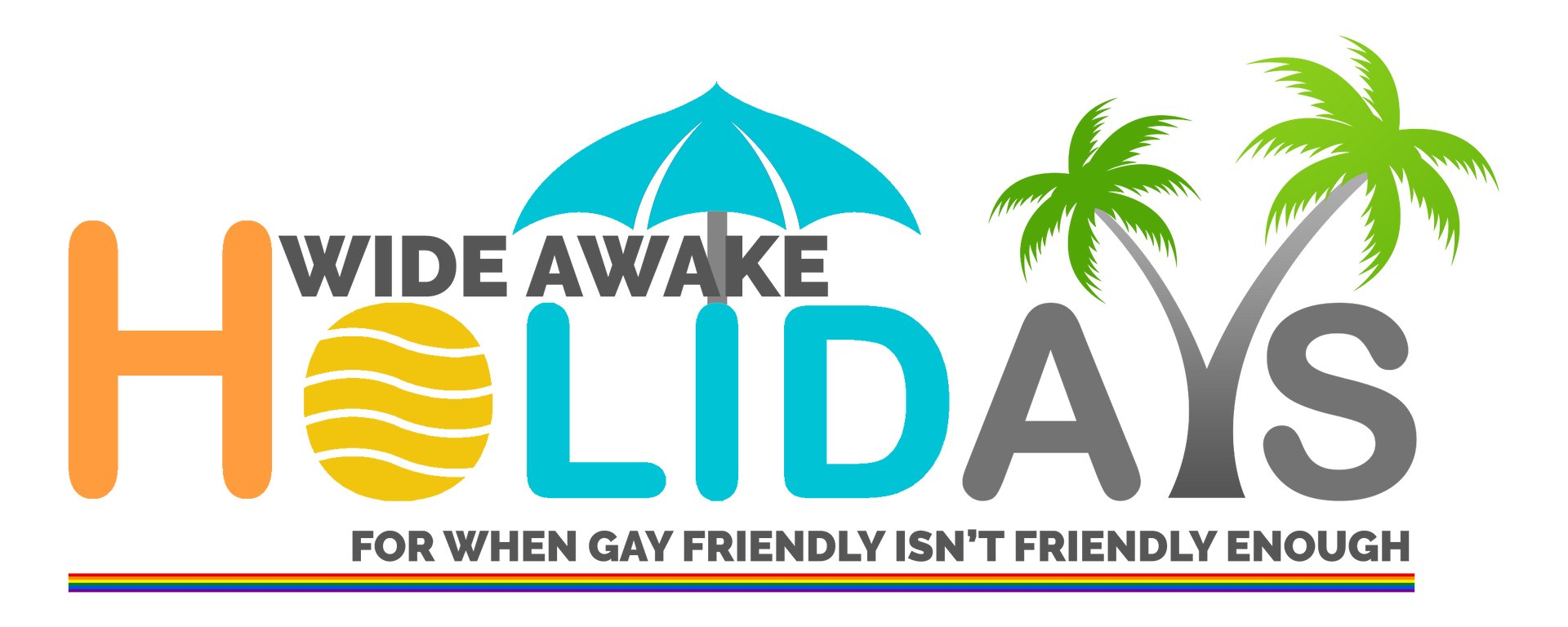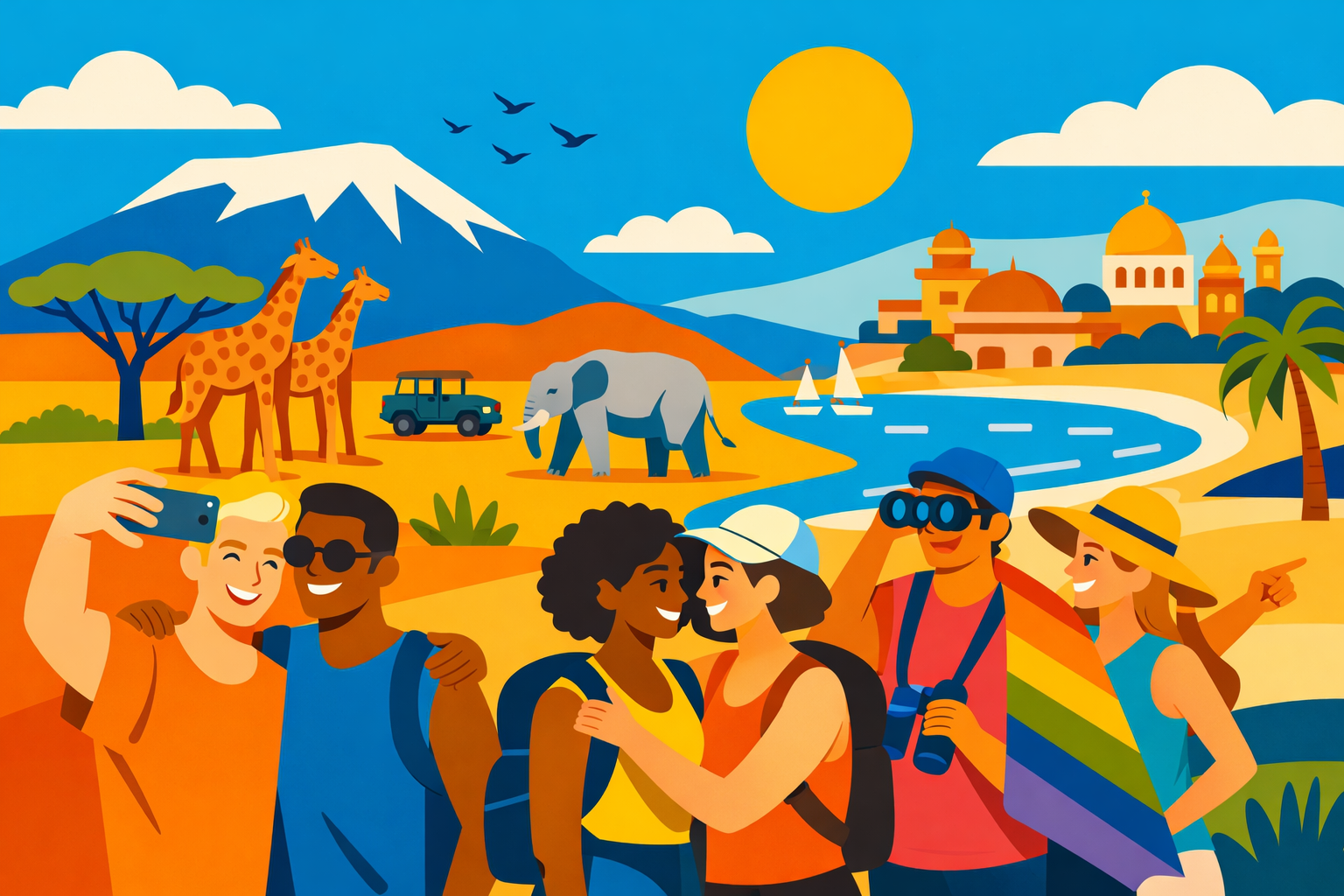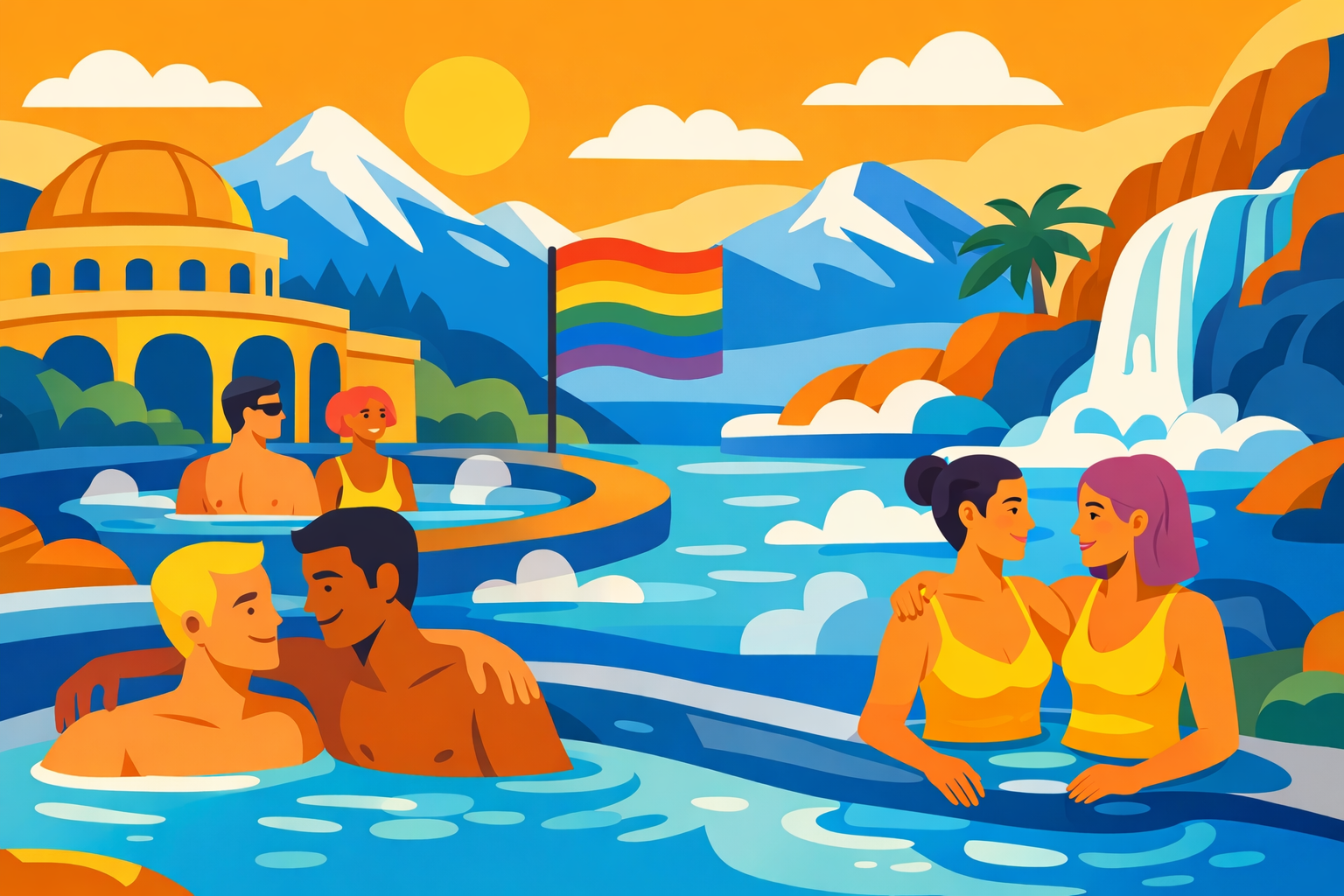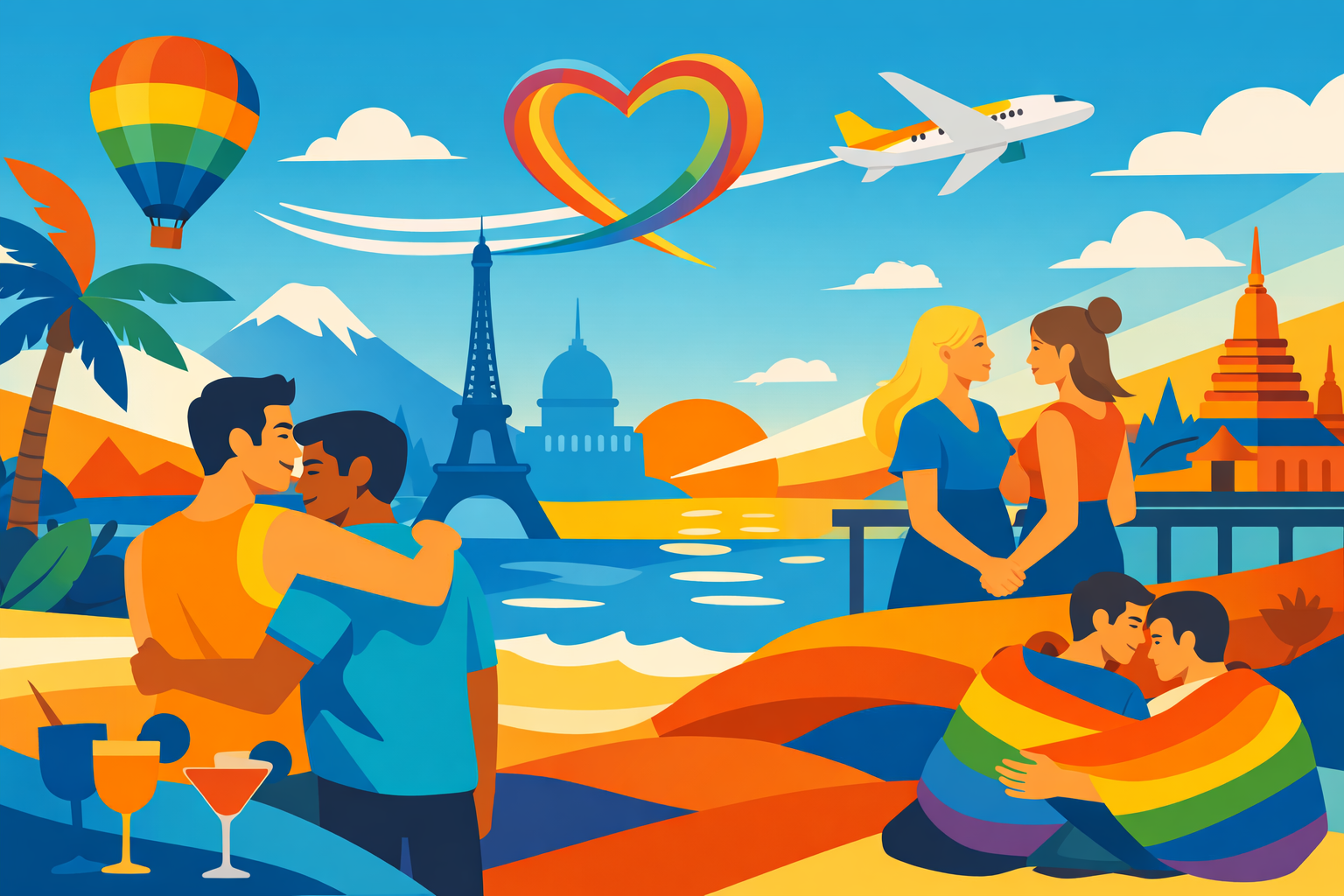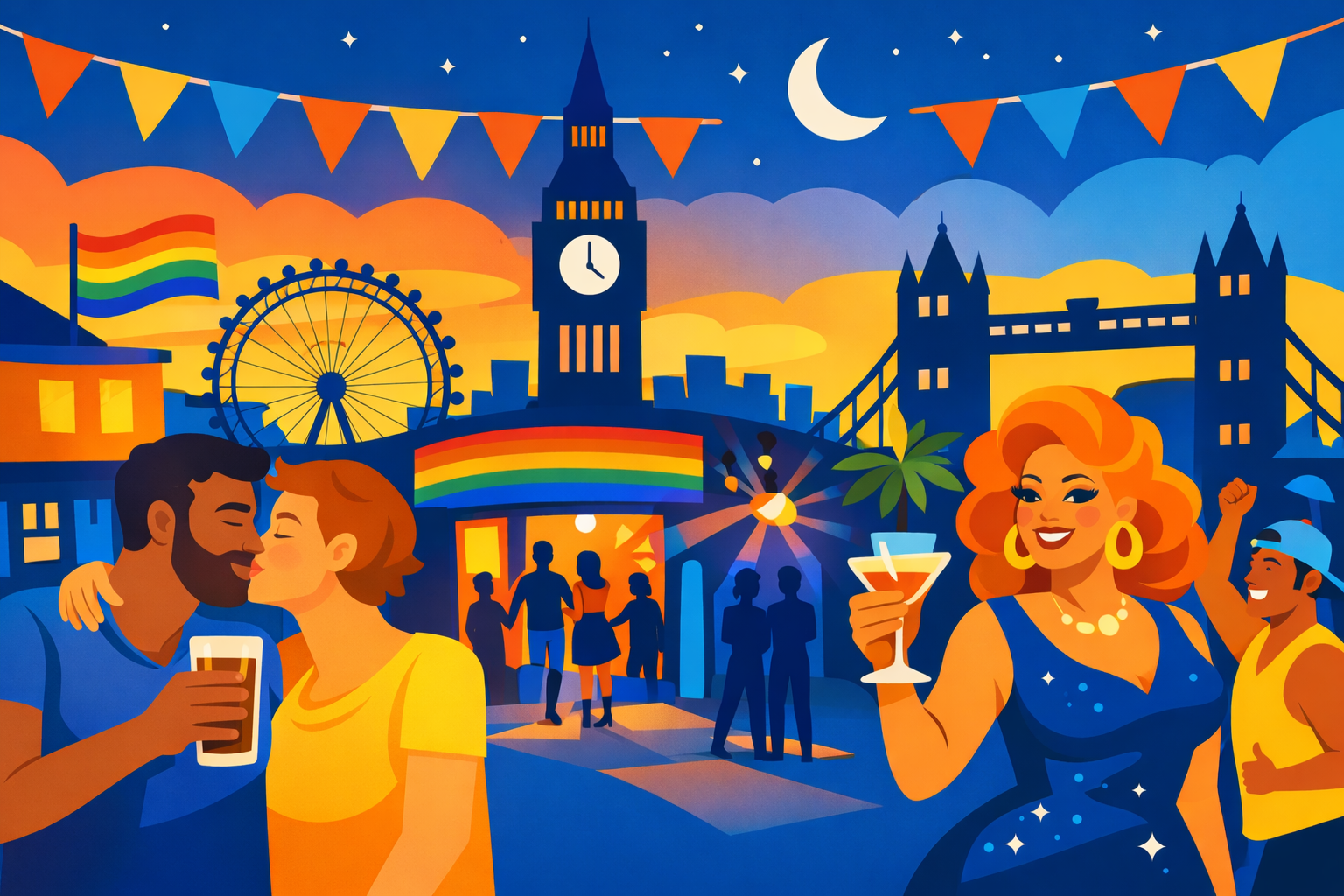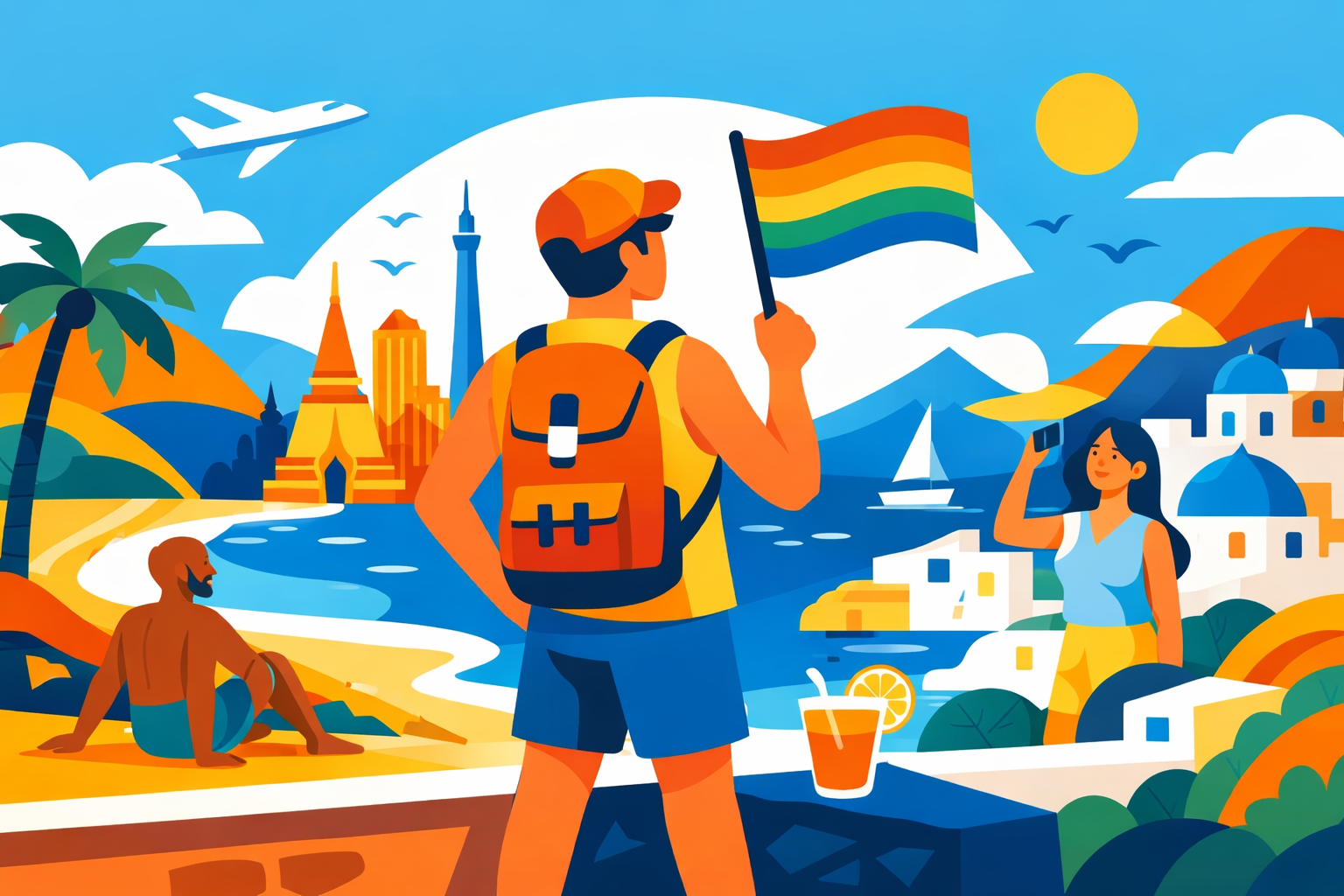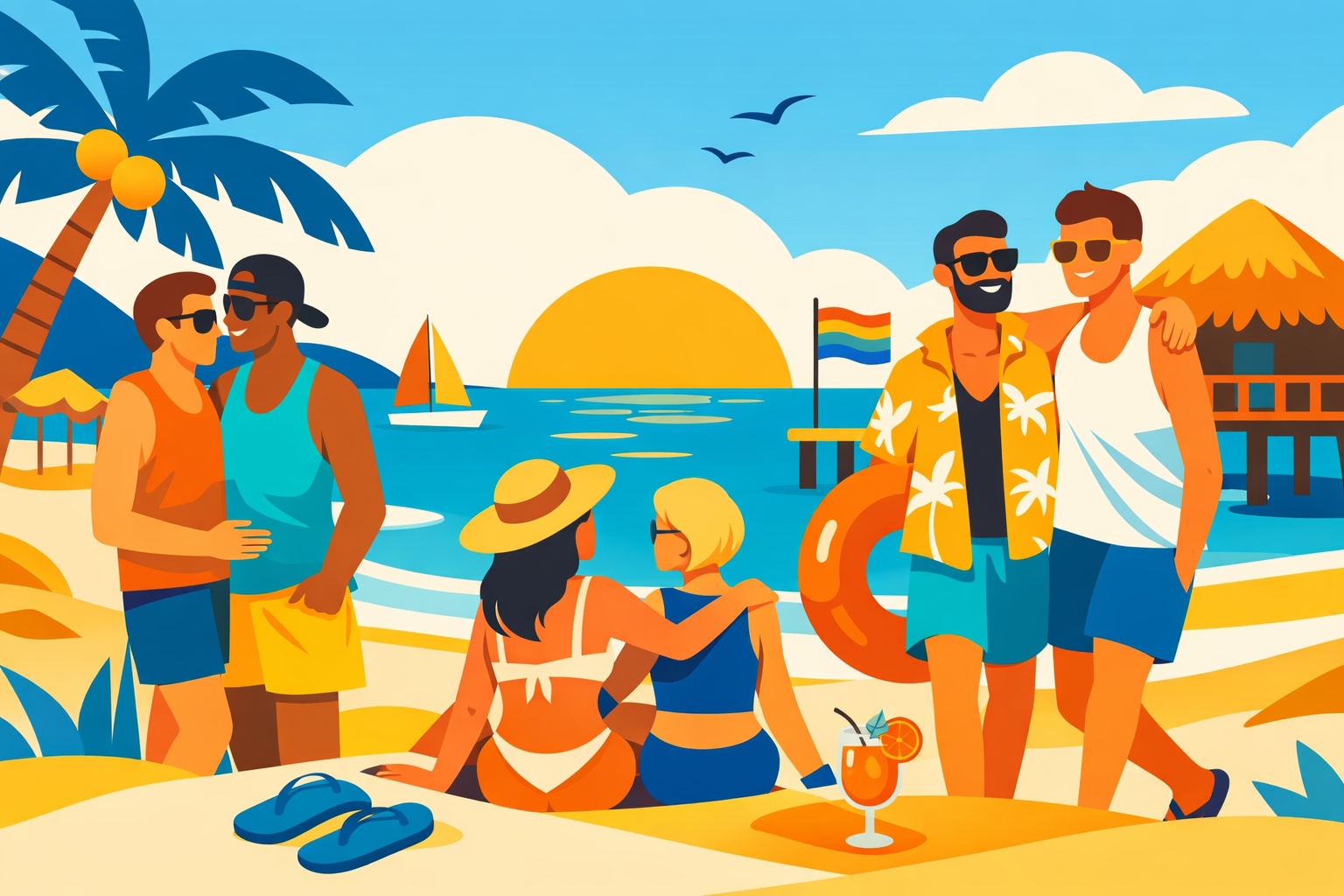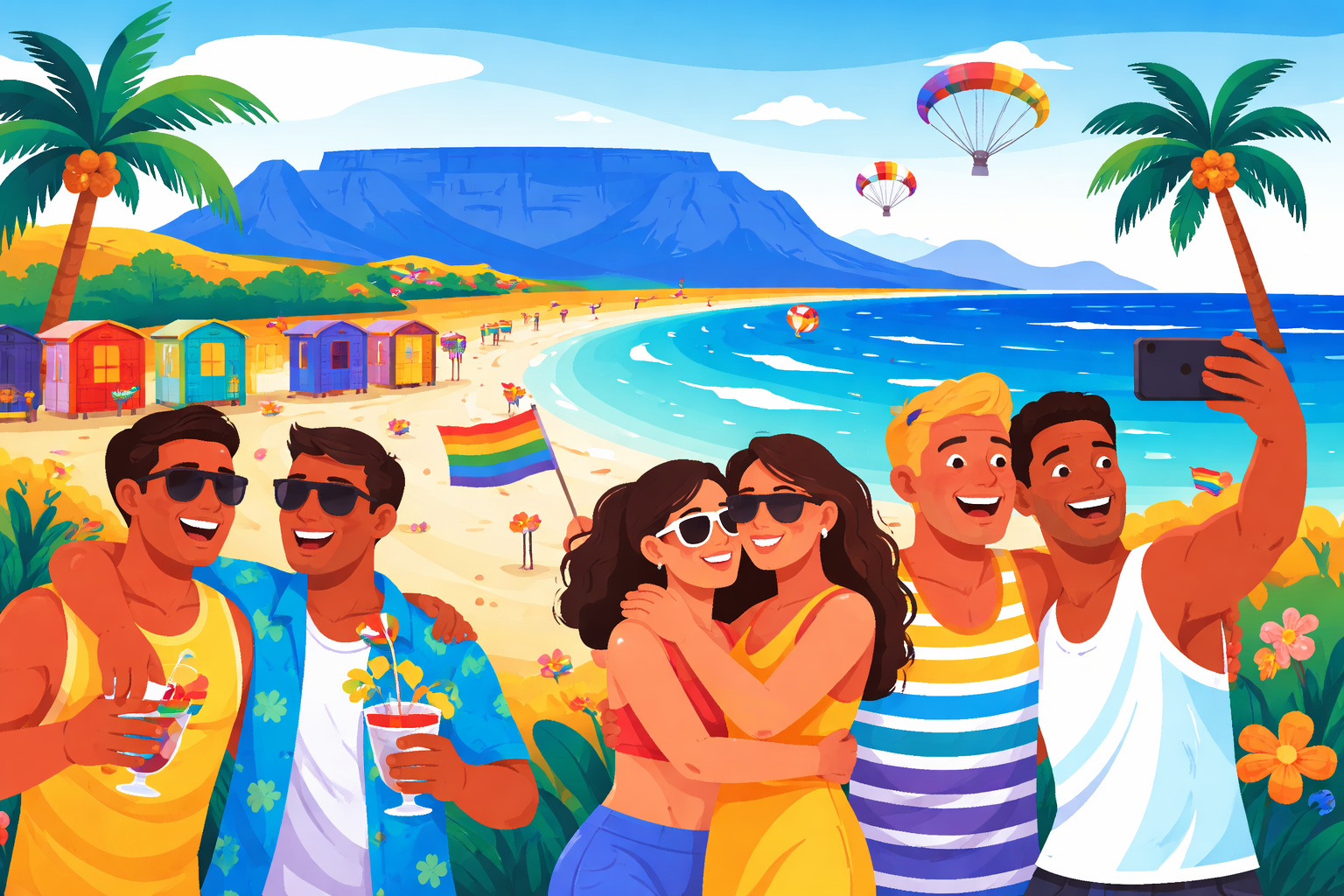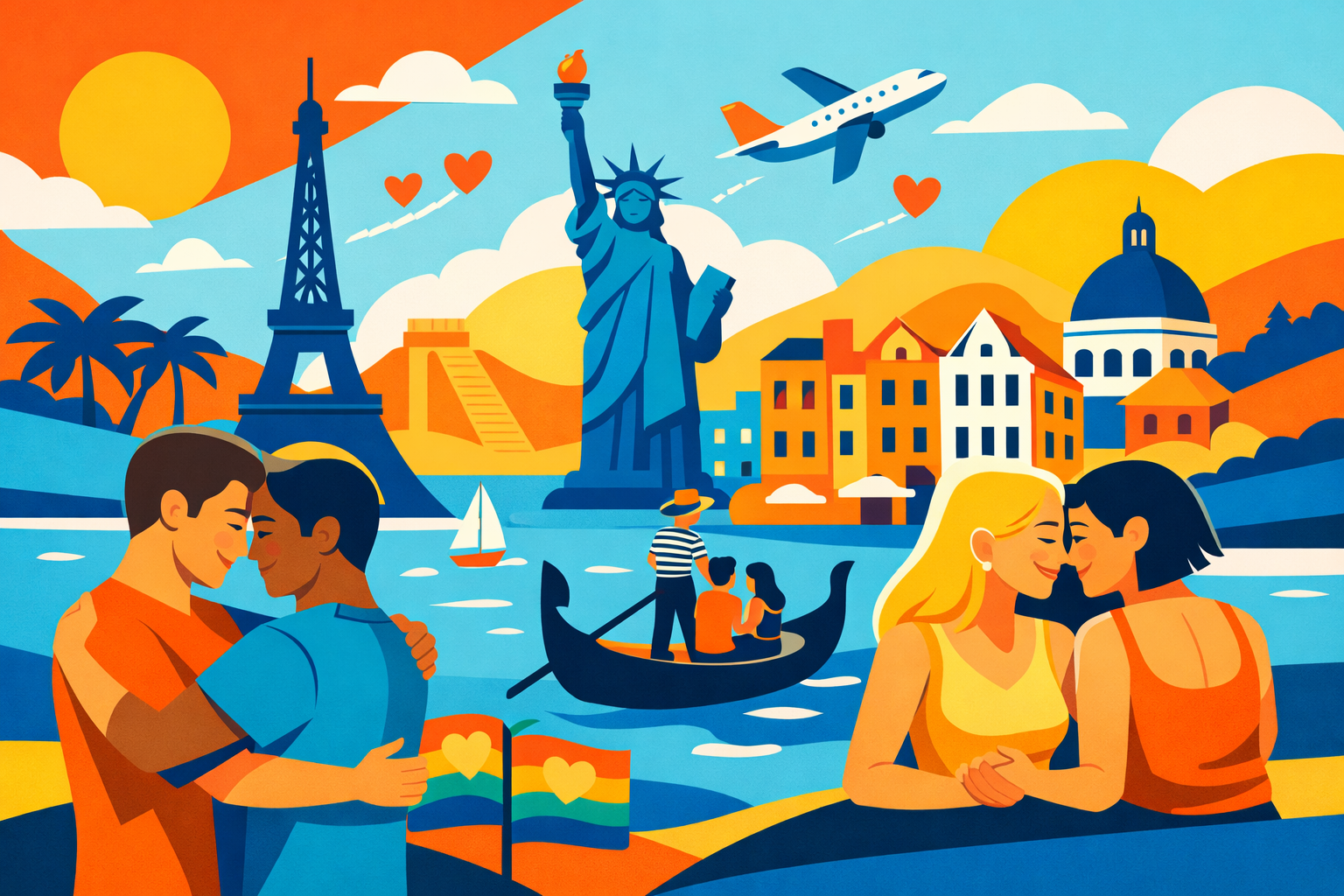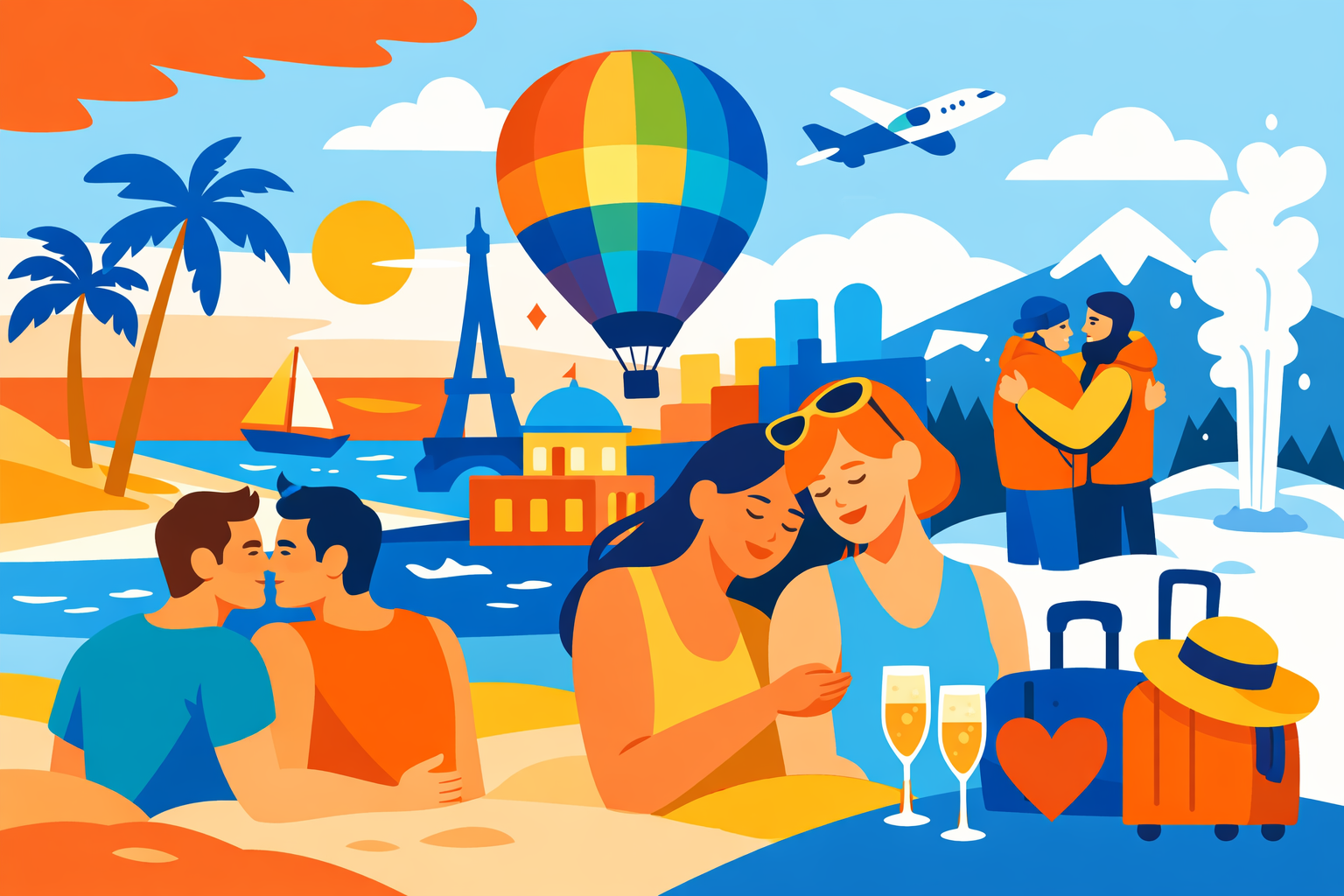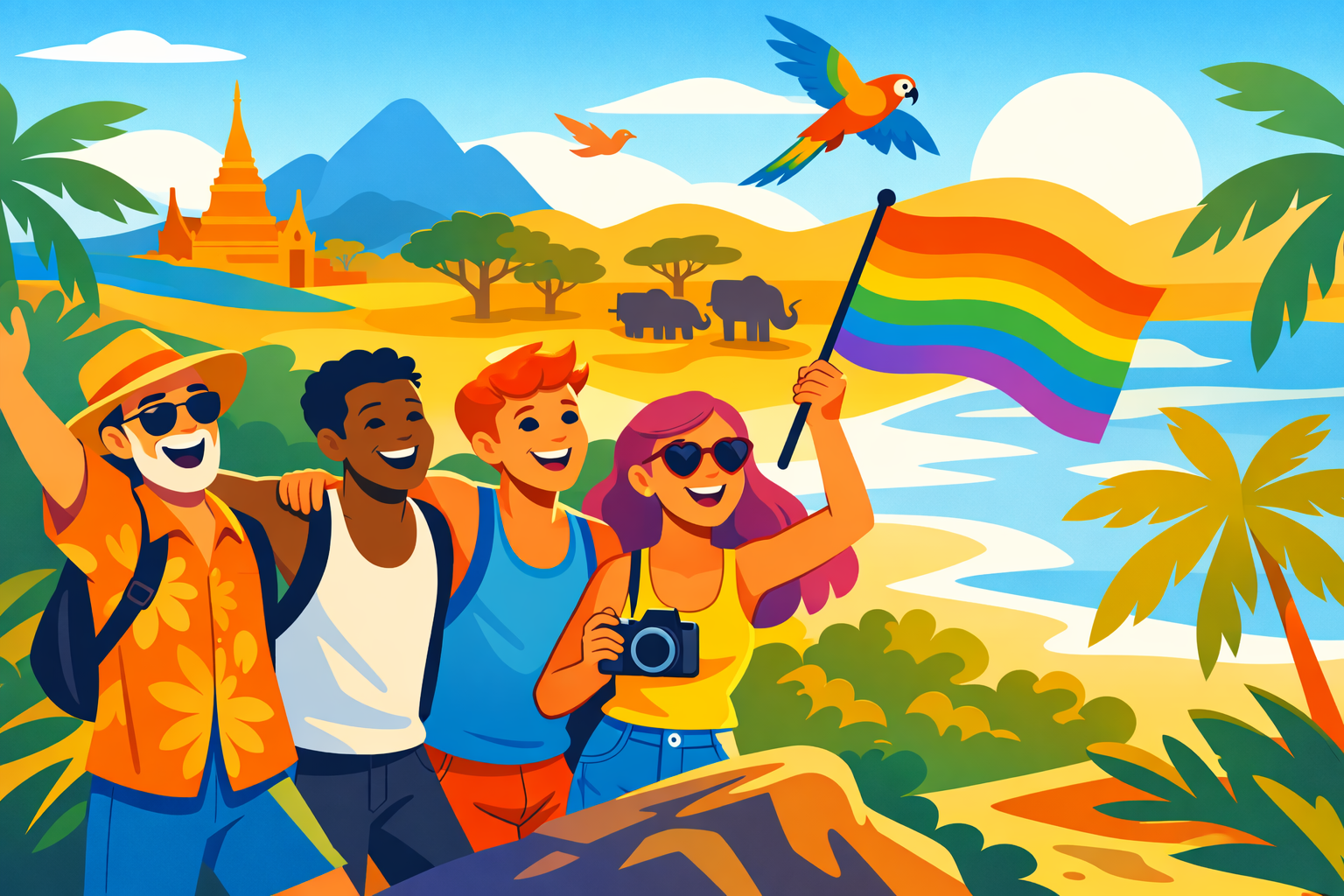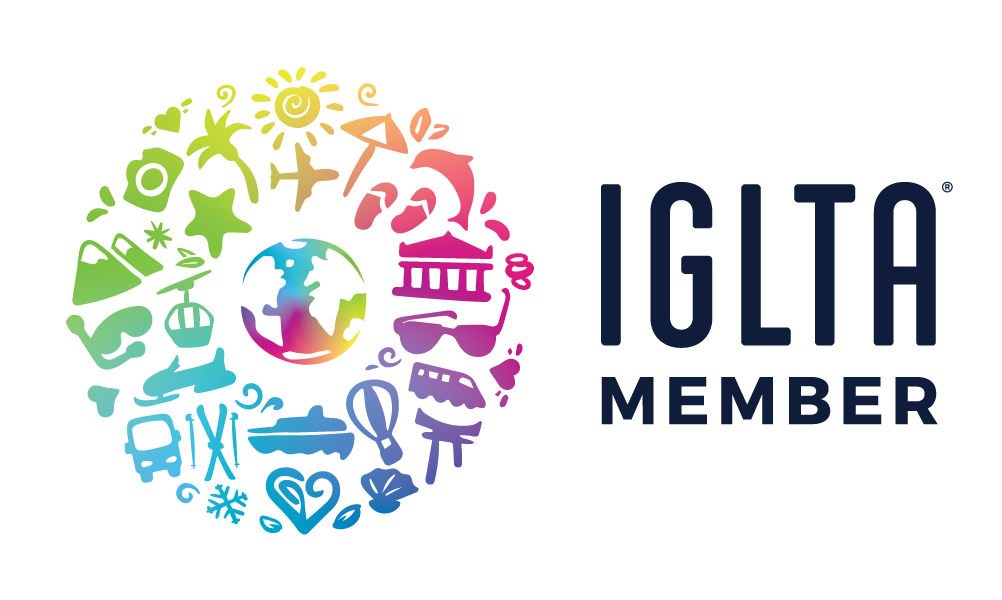Exploring LGBTQ+ Culture in the Heart of Berlin
Exploring LGBTQ+ Culture in the Heart of Berlin
Introduction: Why Berlin Still Beams as a Queer Beacon
LGBT Culture in Berlin pulses through its streets, cafés, nightclubs, art scenes, and collective memory. From the daring cabarets of the 1920s to today’s queer nightlife, Berlin remains one of the world’s most dynamic queer capitals.
Whether you’re visiting for a weekend or several weeks, there’s always something new to discover. This article will guide you through the heart of queer Berlin — its history, its cultural hubs, and how its spirit continues to reinvent itself.
We begin by exploring how Berlin became a magnet for LGBTQ+ people, then dive into key districts where queer life flourishes today.
A Brief History: From Weimar to Today
Weimar Era & Early Openness
In the early 20th century, Berlin was already becoming a hub for queer expression. By 1900, there were known gay and lesbian pubs operating in Berlin. Public spaces — parks, baths, even railway line areas — served as meeting places for same-sex couples.
Magnus Hirschfeld, one of the most important early sexologists and queer activists, founded the Institute for Sexual Science in Berlin in 1919. His work drew international LGBTQ+ thinkers and created a space for early gender and sexual diversity research and advocacy.
In the 1920s, Berlin’s cabarets, drag performances, and queer nightlife were legendary. The city became a refuge for those seeking more freedom, experimentation, and community — especially compared to more conservative settings elsewhere in Europe.
Nazi Era, Suppression & Rebirth
The rise of the Nazi regime in the 1930s brought a devastating crackdown on queer life. Lesbian, gay, bisexual, and transgender people faced persecution, imprisonment, and censorship.
After 1945, queer life was slow to recover. Berlin — divided by the Wall — meant separate trajectories in the East and West. Only gradually did queer communities rebuild social and cultural networks.
In the 1980s, queer activism revived with vigour. The Schwules Museum (Gay Museum) was founded in 1985, originally focusing on gay men but later expanding to include a broader queer and trans archive. Today, it is one of the world’s leading LGBTQ+ museums.
Modern Berlin: Reinvention & Ongoing Change
Today, Berlin is widely considered one of the world’s friendliest cities for LGBTQ+ people. Its queer identity is practiced, not just symbolic.
However, the story is still evolving. Some of the most iconic queer spaces are under economic pressure. For example, SchwuZ, one of Berlin’s largest queer clubs, has recently filed for bankruptcy amid rising costs and challenges.
Berlin continues to host major queer events — from the Christopher Street Day (CSD) Pride parade to queer film festivals and street parties.
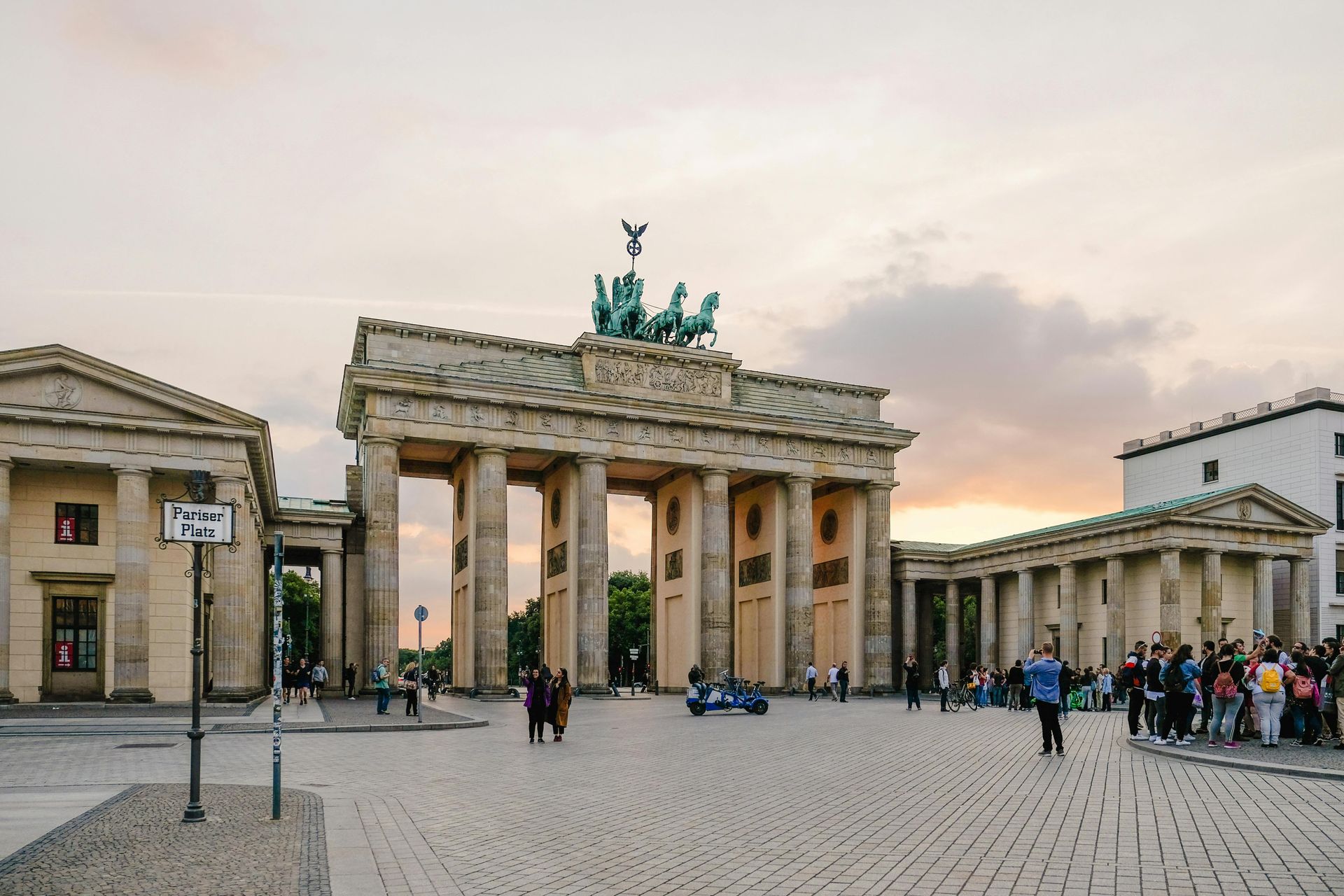
Schöneberg: Berlin’s Historic Gay Heart
If you want to feel the roots of queer Berlin today, start in Schöneberg. This neighbourhood has been the centre of gay life for over a century, and it still carries that legacy proudly.
Where Queer History Meets Nightlife
Schöneberg became known as Berlin’s “gayborhood” in the early 20th century. Writers, artists, and activists gravitated here, creating a district where same-sex love could flourish more openly. Christopher Isherwood lived here in the 1920s, later chronicling Berlin’s queer nightlife in his diaries that inspired Cabaret.
Today, Schöneberg still pulses with LGBTQ+ energy. On Motzstraße, you’ll find bars, cafés, and bookshops catering to the community. Tom’s Bar, Heile Welt, and Hafen are long-running favourites. Meanwhile, Prinzknecht attracts an international crowd looking for a classic Berlin gay pub vibe.
Events & Street Life
Each summer, Schöneberg hosts the Motzstraße Lesbian and Gay Festival. It’s one of the largest queer street festivals in Europe, drawing thousands of visitors to enjoy live music, food stalls, and community events.
The area is also home to Berlin’s most famous queer bookshop, Eisenherz, which has been serving LGBTQ+ readers since 1978. It remains a cultural hub where locals and travellers alike can find queer literature and connect with Berlin’s intellectual side.
How Gay-Friendly is Schöneberg?
Schöneberg is one of the safest, most openly queer districts in Berlin. Rainbow flags hang proudly in windows, and queer businesses are woven into daily life. For first-time visitors exploring LGBT Culture in Berlin, this district is the perfect place to start.
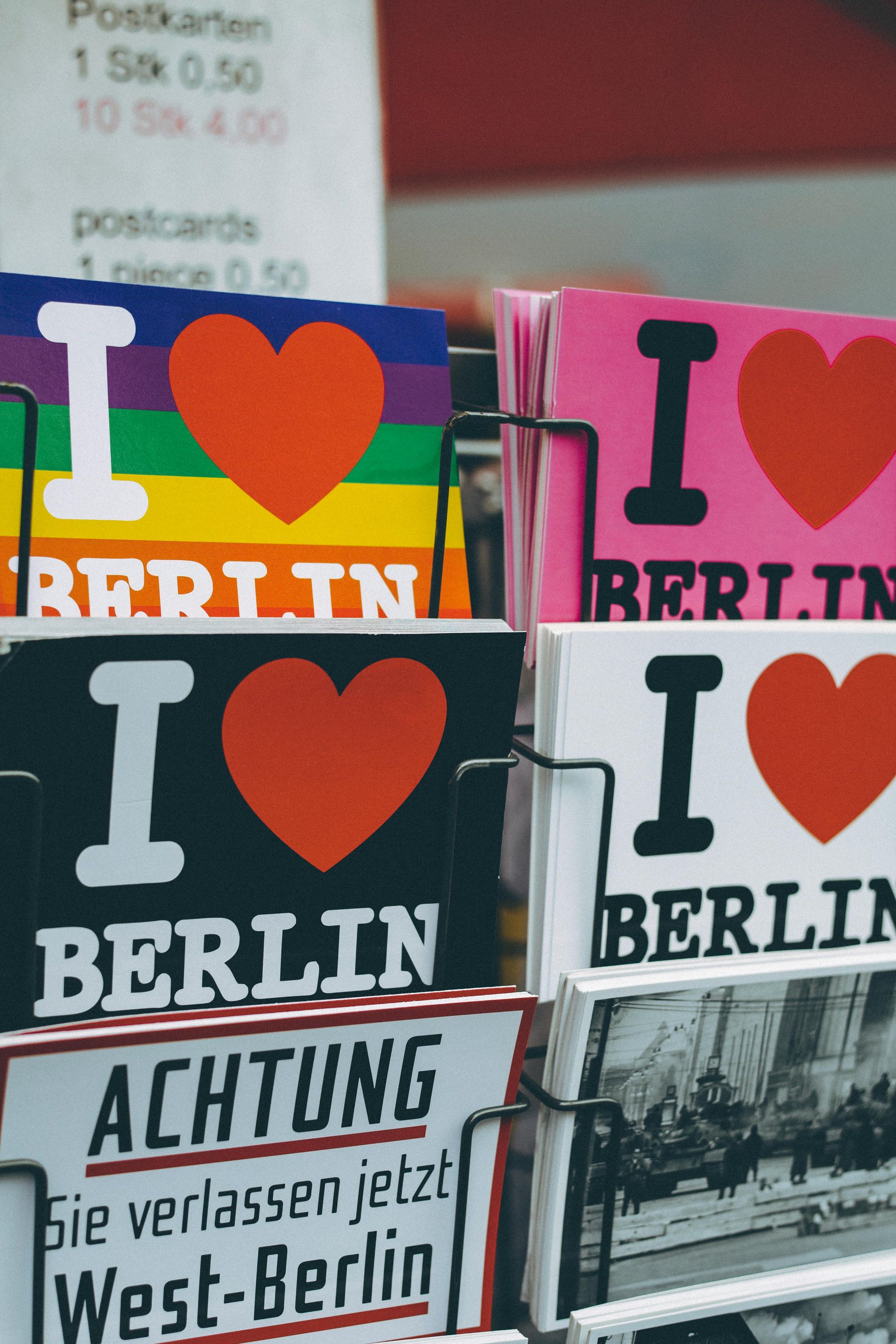
Kreuzberg & Neukölln: Alternative Queer Scenes
While Schöneberg holds tradition, Kreuzberg and Neukölln represent the more underground, alternative side of Berlin’s queer culture. These neighbouring districts are known for being creative, experimental, and diverse — often at the intersection of art, politics, and nightlife.
Underground Clubs & Queer Collectives
Kreuzberg’s clubs are world-renowned. Queer nights often happen in venues that aren’t strictly “gay bars” but embrace inclusivity and fluidity. Spaces like SO36 host punk-inspired queer nights, while Südblock blends food, drag, and political discussion under one roof.
In Neukölln, venues like SilverFuture and Tristeza are known for their eclectic atmosphere and inclusive crowd. These bars cater to people of all genders and sexualities, offering a different vibe from the more traditional Schöneberg scene.
Creative Culture & Safe Spaces
This part of Berlin thrives on grassroots organisation. Queer film festivals, zine fairs, and performance art nights often pop up in Kreuzberg and Neukölln. Many events focus on intersectionality — spotlighting queer people of colour, migrants, and trans communities.
Here, LGBT Culture in Berlin feels political and artistic at the same time. It’s about reclaiming space, creating community, and pushing boundaries.
How Gay-Friendly are Kreuzberg & Neukölln?
Both districts are incredibly welcoming but carry a different flavour compared to Schöneberg. You’ll find fewer rainbow flags in shop windows, yet the inclusivity is felt through the energy of the nightlife, grassroots collectives, and cultural spaces. For travellers seeking Berlin’s edgy, experimental queer side, Kreuzberg and Neukölln are must-visits.
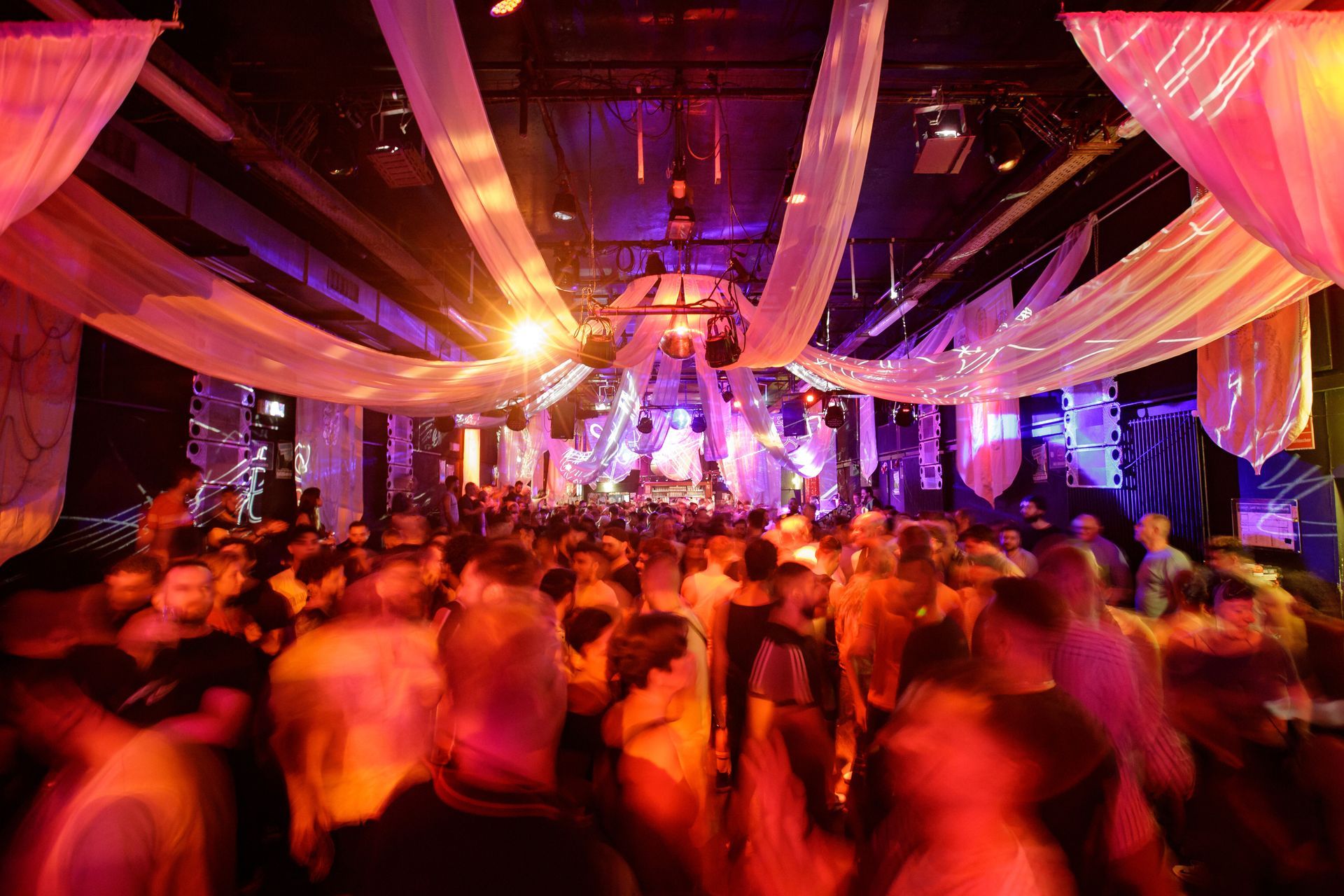
Prenzlauer Berg: Cosy Cafés and Queer Families
Not every part of Berlin’s queer scene is about late nights and crowded clubs. Prenzlauer Berg shows a softer side of LGBT Culture in Berlin, offering calm cafés, leafy streets, and spaces where queer families thrive.
Cafés, Bookshops & Daytime Hangouts
In Prenzlauer Berg, the queer experience is more about connection than clubbing. Independent cafés like Kaffeekommune and No Fire No Glory attract a creative crowd, often mixed with LGBTQ+ locals and visitors.
For queer book lovers, smaller independent shops host readings and zine launches that showcase Berlin’s queer writers. This is a perfect neighbourhood if you prefer conversations over cocktails.
Family-Friendly & Inclusive Vibes
Prenzlauer Berg has developed a reputation as one of Berlin’s most family-oriented districts. Queer parents raising children here are visible, celebrated, and part of the community. Parks like Volkspark Friedrichshain are full of diverse families enjoying the outdoors together.
The slower pace makes this district ideal for travellers who want to experience queer Berlin in a more relaxed way.
How Gay-Friendly is Prenzlauer Berg?
While you won’t find rainbow flags on every corner, Prenzlauer Berg is deeply inclusive. The friendliness of locals, inclusive cafés, and thriving community life make it an essential part of exploring the many sides of Berlin’s LGBTQ+ culture.
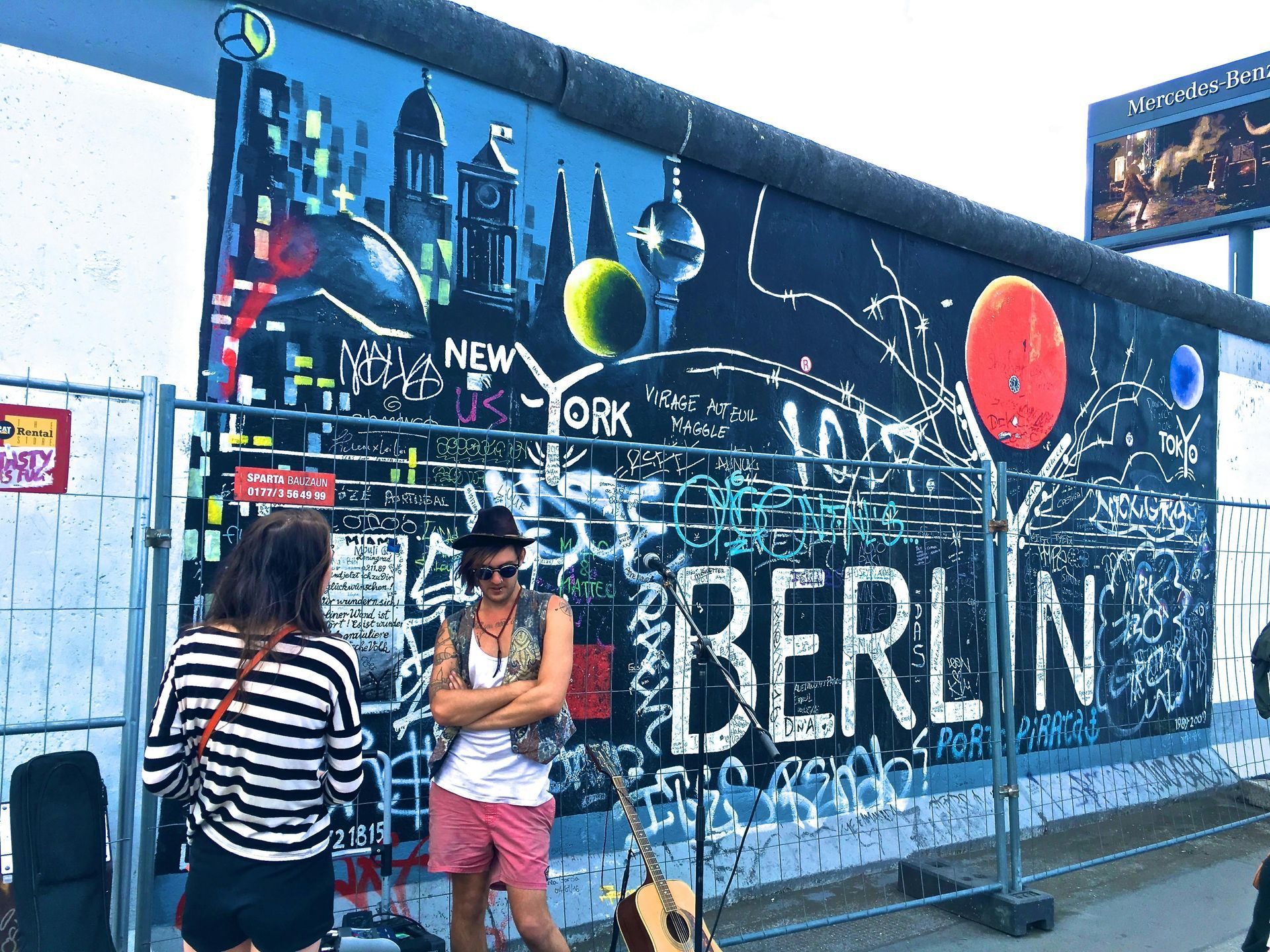
Pride & Queer Events in Berlin
Berlin’s Pride, known as Christopher Street Day (CSD), is one of Europe’s most important queer events. Tens of thousands join the parade every July, marching through the city with floats, music, and activism.
Beyond the Parade
But Pride isn’t just one day. Queer events happen year-round: - Folsom Europe – a fetish street festival held in September, drawing international crowds. - Lesbisch-Schwules Stadtfest – Berlin’s gay-lesbian city festival in Schöneberg. - Porn Film Festival Berlin – an alternative, inclusive look at sexuality in cinema. - Queer Film Festival – showcasing LGBTQ+ stories on screen.
These events highlight how LGBT Culture in Berlin is both celebratory and activist. They provide spaces for joy, protest, and visibility.
A Global Stage
Berlin doesn’t just host locals — it’s a global meeting point. Travellers from all over the world come for Pride week, queer film screenings, or community-led festivals. For LGBTQ+ visitors, these events offer both unforgettable fun and a sense of belonging.
Read more about celebrating Pride around the world
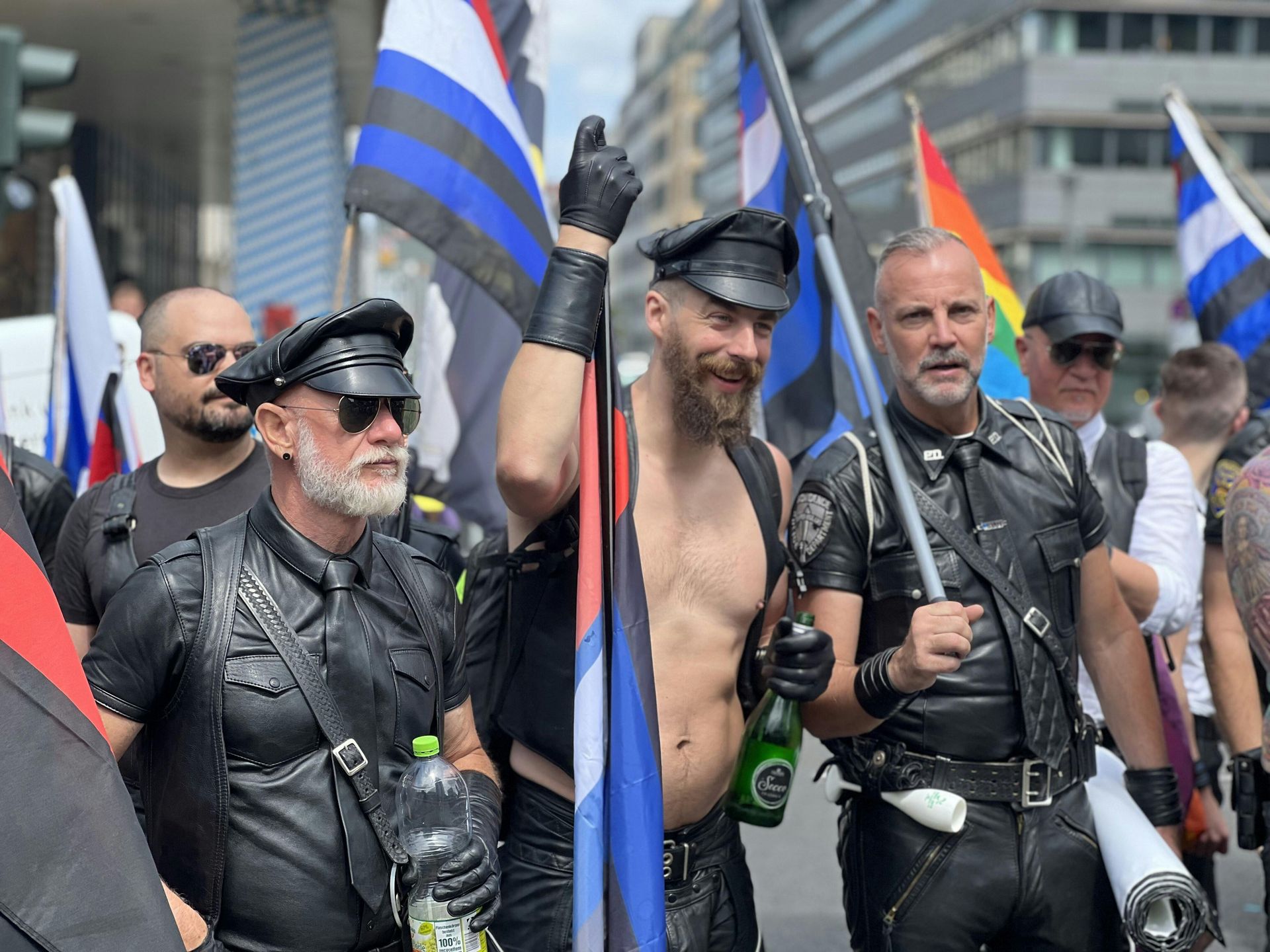
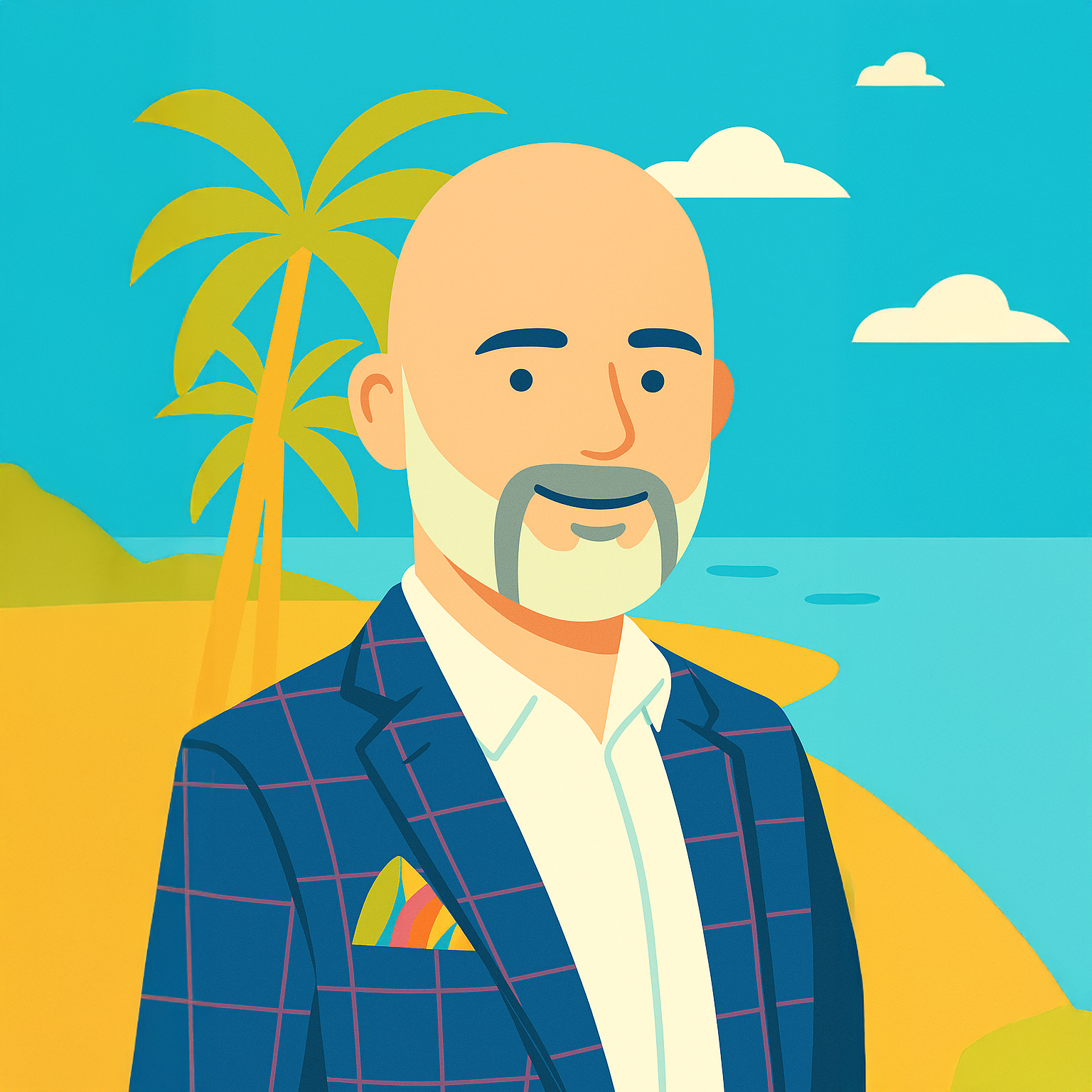
Jamie Says:
"Berlin has always had a special place in my heart. The city doesn’t just tolerate difference — it embraces it. Whether you’re sipping coffee in Prenzlauer Berg, dancing in Kreuzberg, or marching in CSD, Berlin shows what queer freedom looks like when it’s part of everyday life. That’s why so many of our travellers keep coming back — the culture here never stops evolving.”
Queer Museums and Cultural Landmarks
Berlin isn’t just about nightlife — it’s a city that honours its queer history and culture through institutions and memorials. Exploring these spaces gives you a deeper understanding of how LGBT Culture in Berlin has evolved.
Schwules Museum
Founded in 1985, the Schwules Museum (Gay Museum) remains one of the most important LGBTQ+ cultural archives in the world. Its rotating exhibitions cover everything from queer art and activism to trans history and contemporary drag. It’s not only a museum but also a living archive that continues to grow.
Memorial to Homosexuals Persecuted Under Nazism
In the Tiergarten park, near the famous Holocaust Memorial, stands a striking monument. The Memorial to Homosexuals Persecuted Under Nazism is a concrete cube with a small window. Inside plays a video loop of same-sex couples kissing. It serves as a reminder of the persecution faced by queer people under the Nazi regime and the resilience of those who survived.
Queer Art Spaces
Beyond formal museums, Berlin’s galleries often feature queer artists. Districts like Neukölln and Kreuzberg have experimental spaces where LGBTQ+ themes are central to exhibitions. Visitors will find that art here is as political as it is personal.
Lesbian, Trans and Intersectional Communities
Much of Berlin’s queer reputation is tied to gay men, but the city’s culture is far more diverse.
Lesbian Spaces
Venues like Begine in Schöneberg provide women-only space that’s been vital for Berlin’s lesbian community since the 1980s. The bar is also a cultural hub, hosting concerts, readings, and political discussions.
Trans and Non-Binary Visibility
Berlin is home to one of Europe’s most visible trans and non-binary communities. Events like Trans Pride Berlin and collectives such as TransInterQueer e.V. provide support, advocacy, and cultural programming.
Intersectionality Matters
The city’s queer culture also actively embraces intersectionality. Spaces like Neukölln’s Gegen parties are explicitly focused on inclusivity, highlighting performers and DJs from migrant, queer, and trans communities. These events remind visitors that LGBT Culture in Berlin isn’t a single story, but a collection of many voices.
Day Trips and Outdoor Queer Culture
For those who want to balance Berlin’s nightlife with fresh air, there are outdoor spaces tied closely to queer culture.
Tiergarten Park
The Tiergarten has long been a meeting point for queer Berliners, dating back to the early 1900s. Today, it’s a popular green space for picnics, cruising, or just a relaxed afternoon stroll.
Wannsee Lake
On warmer days, locals head to Strandbad Wannsee, a lakeside beach that has been popular with Berlin’s LGBTQ+ community for decades. It’s a chance to experience queer Berlin outside of its urban setting.
Queer Walking Tours
Several organisations now run walking tours exploring Berlin’s LGBTQ+ history. Stops include former cabaret clubs, queer meeting points of the Weimar era, and monuments tied to activism. These tours help visitors connect with Berlin’s streets in a way that goes beyond nightlife, making history feel present and alive.
Booking Protections with Wide Awake Holidays
Travelling should always feel exciting, not stressful. At Wide Awake Holidays, we know that for LGBTQ+ travellers, safety and protection matter just as much as fun. That’s why every holiday you book with us is financially protected and carefully tailored.
Your Security Comes First
We’re fully ATOL protected, meaning your flights and package holidays are secured under UK law. No matter what happens, your money is safe.
We also work exclusively with hotels, resorts, and partners we trust. Each is reviewed for inclusivity, safety, and proven experience welcoming LGBTQ+ guests.
Tailored to You
Whether you’re looking for Berlin’s party scene in Kreuzberg or a slower stay in Prenzlauer Berg, we design trips around your style. We listen, plan, and create holidays that feel like they were built just for you.
Berlin’s queer spirit deserves to be enjoyed without worry — and with us, you know you’re protected at every step.
Ready to Plan Your Berlin Trip?
Berlin is a city where queer history, activism, and celebration live side by side. From the streets of Schöneberg to the creativity of Kreuzberg, from family life in Prenzlauer Berg to the pride of CSD, Berlin shows how LGBTQ+ culture can shape an entire city.
Contact Wide Awake Holidays today or call us on 01495 400947. Let’s design a Berlin holiday that’s inclusive, safe, and unforgettable.
Send an Enquiry
We will get back to you as soon as possible.
Please try again later.
Frequently Asked Questions
Is Berlin safe for LGBTQ+ travellers?
Yes. Berlin is widely regarded as one of the safest and most welcoming cities for queer visitors. Street harassment is rare, and LGBTQ+ rights are strongly protected.
What’s the best district for gay nightlife?
Schöneberg remains the historic hub for gay nightlife, with Motzstraße at the centre. Kreuzberg and Neukölln, however, offer more alternative and mixed queer scenes.
When is Berlin Pride (CSD)?
Christopher Street Day (CSD) takes place in late July each year, with tens of thousands joining the parade and after-parties. Discover inclusive festivals beyond Europe
Are there lesbian-specific spaces in Berlin?
Yes. Bars like Begine in Schöneberg are dedicated to lesbian and queer women, while many mixed venues also host women-focused nights.
Can LGBTQ+ families travel comfortably in Berlin?
Absolutely. Areas like Prenzlauer Berg are very family-friendly, and queer parents are visible and celebrated across the city.
What museums or cultural sites should queer visitors see?
Don’t miss the Schwules Museum and the Memorial to Homosexuals Persecuted Under Nazism. Both highlight Berlin’s deep queer history.
Is English widely spoken in Berlin’s LGBTQ+ venues?
Yes. Most staff in bars, clubs, and hotels speak English, especially in queer areas popular with travellers.
What’s the dress code in Berlin’s queer clubs?
Many clubs, particularly fetish venues, have specific dress codes. Always check the venue’s website before you go.
Are trans and non-binary travellers welcomed?
Yes. Berlin has one of Europe’s strongest trans and non-binary communities, with visible support networks and events.
How do I book a safe and inclusive Berlin holiday?
The easiest way is to book with Wide Awake Holidays. We know Berlin inside out and can design a package that guarantees inclusivity, safety, and fun.
Some of our Latest Offers
Discover our latest hand-picked travel offers below – automatically updated and inspired by the destinations featured in this blog.
